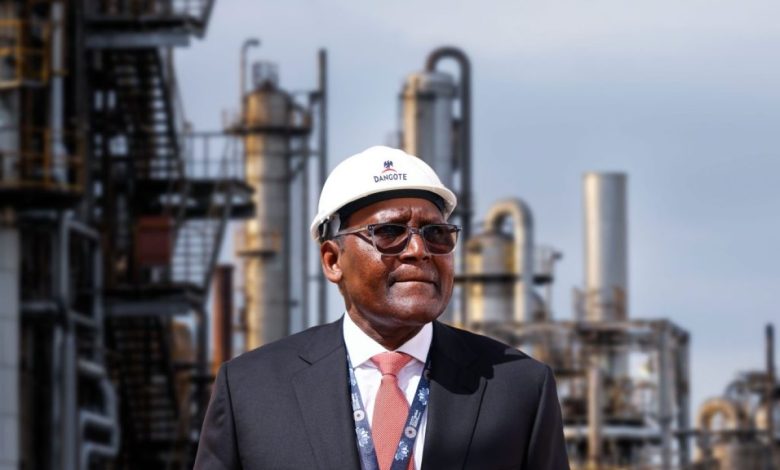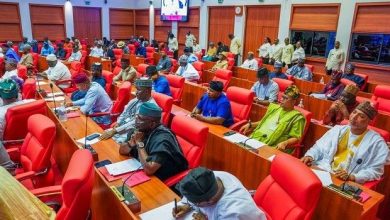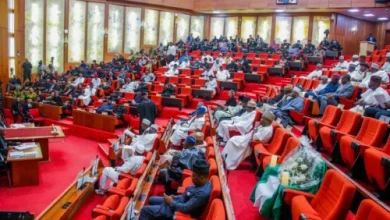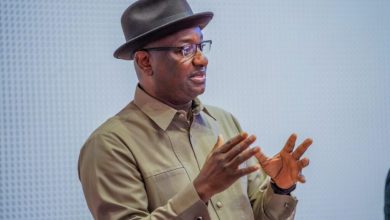News
Dangote decries Africa’s fuel import paradox, calls for harmonised standards

The President of the Dangote Group, Alhaji Aliko Dangote, has expressed concern over Africa’s paradoxical situation of exporting crude oil while importing over 120 million tonnes of refined fuel annually.
Alhaji Dangote said this on Tuesday during the maiden West African Refined Fuel Conference, organised by the Nigerian Midstream and Downstream Petroleum Regulatory Authority (NMDPRA) in collaboration with S&P Global Commodity Insights.
Dangote highlighted the irony of Africa’s situation, where the continent produced around seven million barrels of crude daily but only consumes about 4.3 million barrels of refined petroleum products per day.
He lamented that only 40 per cent of the consumption was refined locally, with most refining occurring in Algeria, Egypt, and now Nigeria with the launch of the Dangote Refinery.
In contrast, Europe and Asia refine nearly 95 per cent of their total fuel consumption domestically.
The Dangote Group president emphasised that Africa’s fuel import paradox has significant economic implications.
He noted that the continent’s reliance on imported refined fuel results in a $90 billion market being captured by regions with surplus refining capacity.
This, he argued, represented a missed opportunity for Africa to create jobs and stimulate economic growth.
Dangote shared his experience building the Dangote Refinery, the world’s largest single-train facility.
He described the process as fraught with technical, commercial, and contextual challenges.
”After solving technical problems, the next issue was commercial viability, starting with crude oil sourcing, ” he said.
Despite Nigeria producing two million barrels per day, the refinery was forced to negotiate with international traders reselling Nigerian crude at high premiums.
Dangote revealed that the refinery currently buys nine to 10 million barrels of crude monthly from the U.S. and other countries.
Dangote also highlighted the difficulties faced in transporting crude oil, including frequent schedule changes and excessive port charges.
He disclosed that port charges alone made up about 40% of total freight costs, which is nearly two-thirds as much as hiring an entire vessel, including crew, fuel, and insurance.
He said, ”Another challenge facing African refiners is the lack of harmonised fuel standards across the continent.”
Dangote noted that each country maintained different fuel specifications, making it difficult for refiners to sell their products across borders.
He called on African regulators to harmonise standards and create a uniform pricing framework across the region.
Dangote urged African governments to protect domestic refiners, as done in the U.S., Canada, and the European Union.
He emphasised the need for fair competition and economic logic in international collaboration, arguing that Africa should not export raw crude only to re-import refined products that it can produce locally.
The Dangote Group president’s remarks highlighted the need for Africa to rethink its approach to fuel production and importation.
By harmonising fuel standards, protecting domestic refiners, and promoting local production, Africa can reduce its reliance on imported refined fuel and unlock economic opportunities.



